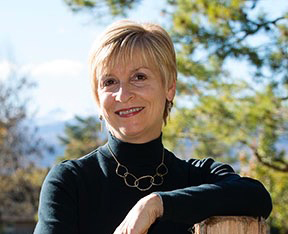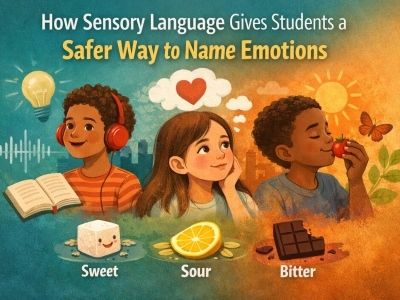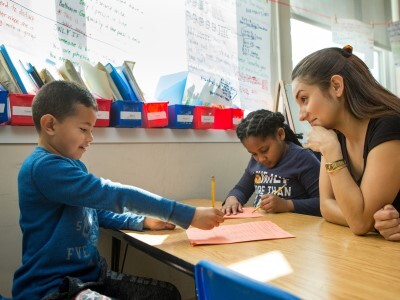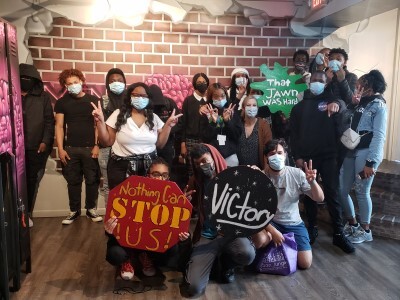Equipping All Students to Be Successful, Responsible, Informed Citizens
Topics

Together, educators are doing the reimagining and reinvention work necessary to make true educational equity possible. Student-centered learning advances equity when it values social and emotional growth alongside academic achievement, takes a cultural lens on strengths and competencies, and equips students with the power and skills to address injustice in their schools and communities.
Students need to be equipped with critical and innovative thinking; we are a more effective society when everyone participates, and we need next gen learning because the traditional system doesn’t reach everybody.
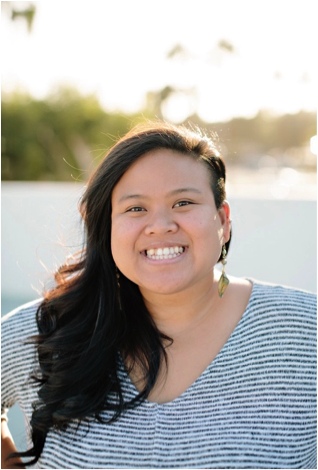
Mary Chan has been a part of the instructional team at Da Vinci Schools in Hawthorne, CA, since 2015. After serving for three years as a high school science teacher, Mary is now a coach in the UCLA pathway program at Da Vinci Extension (DVX), Da Vinci’s postsecondary college bridge program.
About Da Vinci X
In addition to the DVX program, Da Vinci Schools today encompasses four high schools, a K–8 academy, and the Da Vinci Institute, offering educator professional learning through conferences, workshops, and school tours. Learning at all Da Vinci schools is built around authentic, real-world projects, with a focus on partnerships with local industry, communities, and higher education.
Mary Chan's Experiences with DVX
As an educator who has worked both with high school students as a Da Vinci science teacher and with recent graduates who are now part of 13th Year, the UCLA gap program at DVX, Mary has wide-ranging insights to share about her experiences with a next gen learning (NGL) model.
Ashley Zurita, a DVX student who interned with NGLC in fall 2017, spoke to Mary about the benefits and challenges of an innovative model in the context of this Da Vinci program as well as its schools, academy, and institute.
AZ: Why do we need next gen learning?
MC: Education is such a huge component of success. It helps people reach their potential, be successful, and be responsible, informed citizens. Technology is changing our world at a rapid pace. The jobs we have today may not exist or are becoming more specialized, maybe even more abstract. The reality is students need to be equipped with critical and innovative thinking. As the world changes, so does our way of educating young minds. We are a more effective society when everyone participates, and we need next gen learning because the traditional system doesn’t reach everybody.
AZ: How is next gen learning different from traditional models?
MC: The biggest difference is that NGL is more student-centered. Traditional schools are set up in a way that says, “OK, this is the system. You have to meet the status quo, and if you don’t, then you fail, and this isn’t meant for you.” Take, for example, Da Vinci Extension. Some people say, “You shouldn’t have a bridge program. If kids can’t succeed in college, then they probably shouldn’t be in college.” But that’s not a reality. There are so many other factors, like being the first in your family to graduate high school or attend a university.
I remember my parents: they didn’t know how to fill out the FAFSA (Free Application for Federal Student Aid) or a college application. I had to learn all that stuff on my own. You know, I have friends who didn’t go to college because they didn’t fill out the FAFSA. They thought that was the end and they could never go again. They didn’t get to go to college, even though they were college-bound students and took Advanced Placement classes. When it comes to next gen [learning], people look at the problems and ask why these problems exist. It’s time to be proactive about solutions. We are being innovative and problem solving, taking a different approach to introducing students to online college programs.
AZ: How has next gen learning improved your students’ education?
MC: NGL connects learning to real-world expectations and experiences through college classes and working with industry partners through internships. For example, DVX can make an online college program more personalized by connecting students to industry professionals, whether through face-to-face or video chat, or inviting the professor into the classroom via Google hangouts. That interaction and developing those relationships, learning from someone’s life experiences and expertise, is a valuable part of this Da Vinci program.
AZ: What have you observed that does not improve student learning?
MC: I’ve found that there is a fine line between support and enabling. Especially when a student has faced many life obstacles, it can be difficult to keep the bar high. I constantly need to reevaluate my supports to make sure I am not becoming a crutch. However, I’ve learned the importance of meeting students where they are. Sometimes, students just need an adult, a stakeholder, to listen and sit with them for a moment. It doesn’t mean we lower the bar. In fact, many students have shared that they need that bar raised high, so that they have something to aim for. They just need to take smaller, supported steps until their strength returns or the road becomes smoother.
AZ: What would you say to fellow innovators?
MC: There are a lot of students who really thrive with innovative approaches to education, including through programs like DVX—but then there are students who will succeed and do well in a traditional model. I don’t think that one way is totally right or totally wrong. The reality is that we need to find the best fit for the student and go with it.

